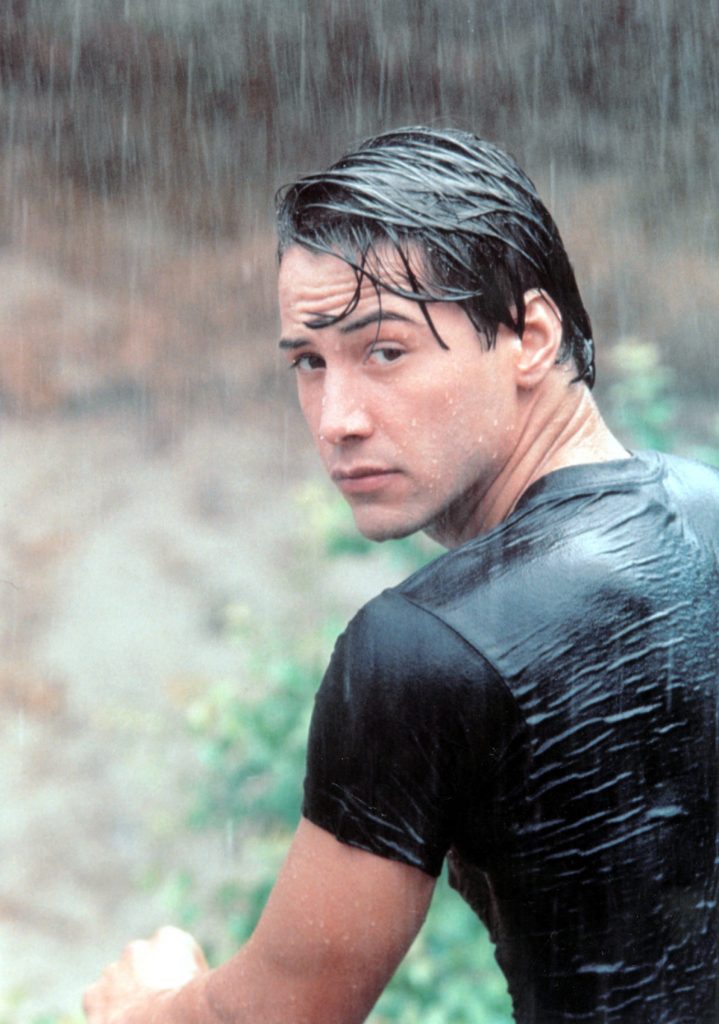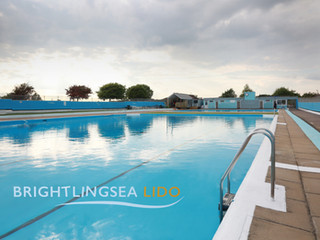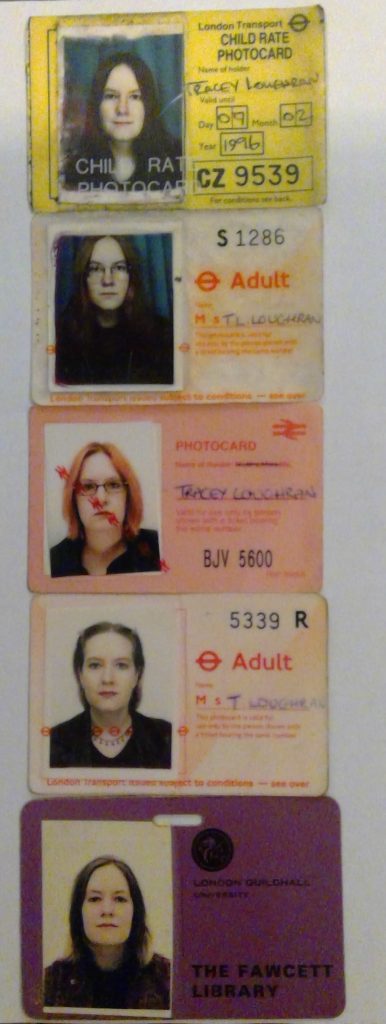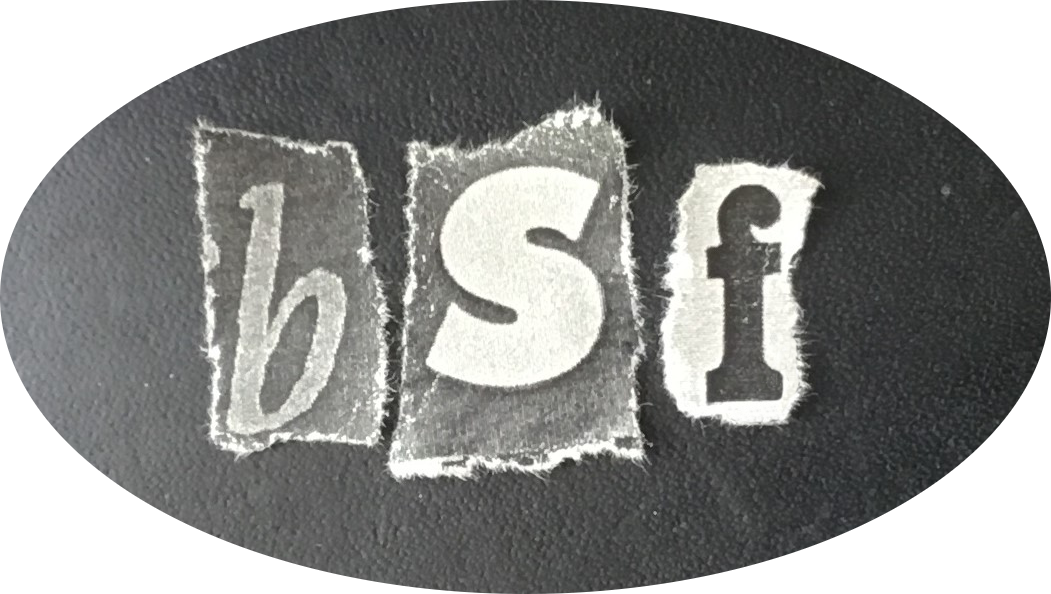In Autumn 2020 the Mass Observation Project issued a Directive developed with the Body, Self, and Family project on ‘Health and Wellbeing in Everyday Life’. The Directive asked respondents what health and wellbeing means to them, where their ideas about health and wellbeing came from, and what has influenced their own experiences in health and wellbeing in everyday life. The responses to this Directive are now available to consult in the Mass Observation Archive at The Keep, Brighton. The responses are as fascinating as you might expect, and we’ll reflect on them in publications soon. In the meantime, Tracey Loughran put herself in a Mass Observers shoes and tried answering the questions – see her responses below!
Health, wellbeing and the healthy body
What does “health” mean to you? What does “wellbeing” mean to you? How do you define these words?
This is a really difficult question! Feeling healthy and well means feeling a lot of things at the same time – at ease but also at peace, energetic and ready to tackle anything, and looking forward to the future.
What do you think about when you imagine “a healthy body”? Please share the first five words that come to your mind when you think of this term.
My five words: toned, athletic, muscular, proportioned, glowing. I think of someone who is athletic or sporty-looking, but in an “ordinary” way. Equally, someone who has a certain indefinable energy – the way people sometimes look when they’ve got their mojo back after a bad relationship, or when they seem to be hitting their stride in the world.

Is there a particular person or image that comes to mind? Please describe, or draw, this person.
Not sure how well this fits with the above, but for some reason it’s either Keanu Reeves in Point Break or Steffi Graff. (You can leave the nineties, but the nineties will never leave you).
Identity
How do you think that your own experience of health and wellbeing has been influenced by your gender, ethnicity, social class, or sexual orientation? Do you think your experience of health has been influenced by these or other aspects of your identity at all?
My experiences of health and wellbeing have definitely been influenced by all those factors. In terms of actual interactions with the medical profession, I spent more than two decades seeing a nurse at regular intervals for prescriptions of the oral contraceptive pill – that wouldn’t have happened if I hadn’t been a woman in heterosexual relationship. I suspect my lack of confidence in my younger years in arguing my case with doctors, or insisting on diagnoses for particular complaints, was influenced by being female and working-class – it’s taken a lot of life experience, education in the gendered biases of healthcare, and shifts in my professional status to get over that. I am very sure that my reluctance to go to the doctor unless absolutely necessary is a result of growing up in London and the difficulty of getting appointments. I also know that I’ve definitely benefitted from my whiteness, though because that manifests as an absence of negative experiences, it’s difficult to pin down exactly how.
Growing up and learning about health and wellbeing
When and where did you first become aware of “health” or of “wellbeing”?
I’m not entirely sure, but the first thing that comes to mind is that when I was at primary school my older brother embarked on a campaign to get my mum to stop smoking, including putting no smoking signs round the house.
Who had responsibility for looking after your health and wellbeing when you were younger?
Mainly my mum – I was one of four children, and she worked part-time around our school hours for most of my younger years, so she was the person who usually took us to the doctors and so on. My dad would also go to the chemists or administer medicines if necessary.
Do you remember your parents, or other caregivers, talking to you about health? If so, what did they talk to you about? Where did these conversations take place?
I don’t remember any conversations about health. I don’t think we were a particularly health-conscious family, though my dad always exercised a lot.
Did you receive any education about health in school? And/or did you learn about health and wellbeing in other ways – from friends, magazines, or the internet, for example?
There wasn’t much in school. We had the basic sex education in Biology. There was definitely a video showing childbirth and a blurry purple carbon-paper diagram of the reproductive organs to label. I don’t remember much else about it. I’d already educated myself through Dr Miriam Stoppard’s Every Girl’s Life Guide, Diary of a Teenage Health Freak, and I’m a Teenage Health Freak Too!. (Before the internet, the library was very important). I also read a lot of magazines that dealt much more practically with health matters in general, including teen magazines like Just Seventeen and Mizz, and the women’s magazines that my mum read.
Key moments
As an adolescent, when did you first become aware of bodily changes associated with puberty?
It was in my final year of junior school, when my periods started and my body started to change in other ways. I remember feeling quite self-conscious in communal changing rooms when I went swimming with my school.
Are there any moments or rituals that you think are particularly important for young women or men? These might include, but are not limited to, first period, voice breaking, buying the first bra, or shaving, for example?
It’s difficult not to answer this as a historian who has asked similar questions in oral history interviews! Much depends on the individual, and on the specific circumstances of the moment or ritual. Many women seem to have quite vivid memories of their first periods – it’s definitely the formative moment that comes to my mind. I missed out on the bra-buying ritual (third child + not much money = hand-me-downs), and I only realised quite recently that it’s a rite of passage for many young girls. I’ve got no idea when I first started shaving my legs, though I do remember absent-mindedly cutting my leg hair with a pair of scissors one day when I was nearly twelve – not as a grooming technique, just because the scissors were there and I wasn’t really thinking – and my brother laughing at me!
How did you feel about these moments if/when they happened to you?
I was really quite freaked out when my periods started, even though I had a good level of abstract knowledge about what might happen, and when. It’s very different reading about something to experiencing it within your own body. I didn’t feel particularly good or bad about it, just strangely surprised that it was happening.
Growing older
Throughout your life, what if anything, have you done to actively maintain your health both physically and mentally? Has this changed at all over the years? If so, was this due to a particular event in your life?
For most of my life, I haven’t done much to actively maintain health. I smoked for about a decade, from my late teens until the smoking ban came in. I like unhealthy foods, fizzy drinks, and alcohol, and always will (old comfort foods die hard). In retrospect, I probably became progressively unhealthier across my twenties and thirties, not helped by highly stressful working conditions, a long-distance relationship, and some difficult life events. When I was 39, I made a really concerted effort to get healthier – at first, this was driven partly by a desire to lose weight and partly by the need to tackle my depression in a new way, but I then started to actually enjoy exercise. I had never thought that I would! I am now very grateful that I had swimming lessons when I was a child, and was able to pick this up again easily. When I started exercising, I felt so heavy and discomforted in my own body that it made an enormous difference to be able to do something where I felt weightless, in tune with my body, and disconnected from my normal surroundings – the blue of swimming pool water is mesmerising.

Where do you get information about health and wellbeing now?
Like most people, mainly from the internet! If there’s something I’m exceptionally interested in, I’ll read a book, but that’s much rarer.
Would you say you are you more or less aware of your body now? Why do you think this is?
I don’t think I am more or less aware of my body than I was in my younger years, but I am certainly differently aware of it. I spent a lot of years not particularly liking my body, and not particularly liking living in it, in a range of different ways. Exercising made me more aware of my body and its potential power, and I like that. When I was younger I wanted to be thin, but now I want to be powerful. It’s also true that as a woman over 40 I am now invisible to certain groups of people to all intents and purposes – not to any groups of people that actually matter – and that is incredibly relaxing and empowering in itself.
In future years how do you expect your approach to health and wellbeing to change?
I’d like my approach to health and wellbeing to stay more or less as it is, perhaps with a slightly better attitude to work-life balance. I’ve found getting older very liberating so far (bar the enforced confinement of several lockdowns since I hit 40!). I’m better at looking after myself, and at standing up for myself in medical encounters. It’s been amazing to discover exercise. If I can carry on in this frame of mind, with the ability to run and to swim, I’ll be happy.
Health, wellbeing and appearance
In your view, how are health and wellbeing related to external appearance?
In terms of an individual’s psychological health, how they feel about their external appearance is hugely important. If someone can manage not to care about their external appearance, or to care only in a way that makes them happy, that is wonderful. For many people, myself included, it’s not that easy. It’s also important to recognise that psychological orientation to external appearance is not only a matter of individual effort. I have been obese (a word I’m using here as a neutral descriptor) and I know that certain people did judge and treat me differently as a result. Those people were wrong to do so, but that did not make living with their negative perceptions of me any easier.

Have you ever been influenced by popular ideals of beauty or physical appearance?
Yes and no. I’ve never sought model good looks, and there have always been certain popular ideals that I’ve actively disliked. But there are also always aesthetic trends that have appealed – I always really wanted True Blue-era Madonna platinum bleached hair, for instance, even though it never really suited me.
Do you think your parents were influenced by these kinds of ideals? If so, in what way?
Yes, but that’s their story, not mine.
Are there any health or beauty products (excluding medicines) that you couldn’t live without? What would be your Desert Island item?
My Desert Island item is soap, though deodorant is a close second. On a more frivolous level, lockdown proved that I can live without haircuts, but I am much, much happier when my skin fade is in place. I am quite shallow when it comes down to it.
Getting ready to leave the house
Do you remember your mother or father getting ready to go out for work, or for the evening? If so, can you describe their rituals?
I don’t have very clear memories of this. My dad usually left for work very early in the morning, and as he was a plasterer, didn’t get dressed for work in any special way. When I was a child, my mum would go to cleaning jobs in her normal clothes. They didn’t socialise a great deal so there weren’t really set rituals around getting dressed to go out.
What is your own routine when getting ready to go out for work or for socialising? Has this routine changed over time?
Getting reading to go out for work is quite functional. If it’s a day when I’m in meetings or teaching (so seeing people), I’ll wear something smart-ish and put light make up on. My hair is very short so I don’t do anything with that apart from run some hair clay through it – it takes about three seconds. I do tend to wear cologne as it makes me happy, but I have definite day and evening colognes. I do have an ideal set of rituals for going out. If everything went according to plan, I would have a long bath, maybe with a face mask (luxury!). I’d then put some music on to dance round to while I picked clothes, got dressed, and put make up on. If I’m going out, I usually put make up on that matches my clothes, and wear bolder jewellery. I’d then paint my nails. I very rarely actually do this. Usually I’m in a rush, so it’s a shower, some quick dancing while I rush the dress-make up-jewellery stage, and then a doomed attempt to pain my nails almost as I run out the door, smudging them in the process and then probably whacking some nail polish remover in my bag so I can get rid of the paint on the bus/train.

